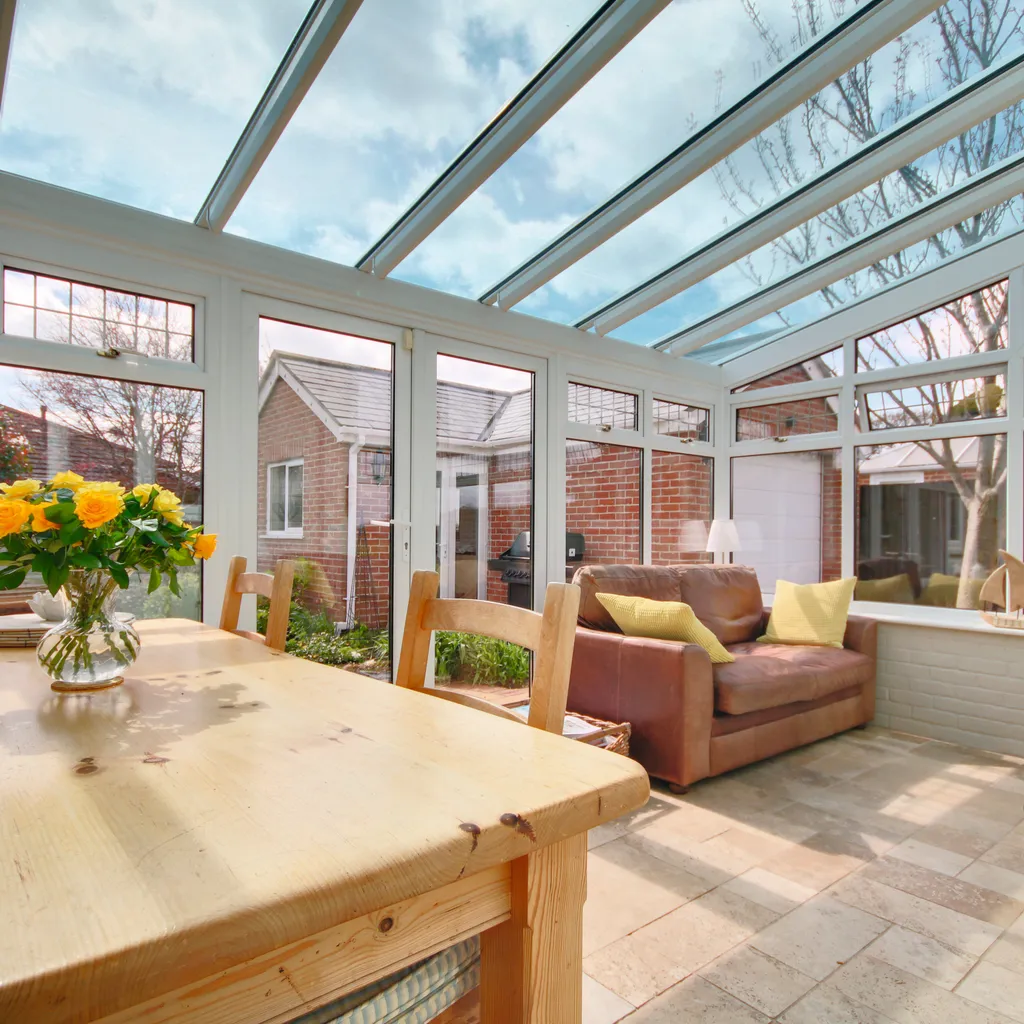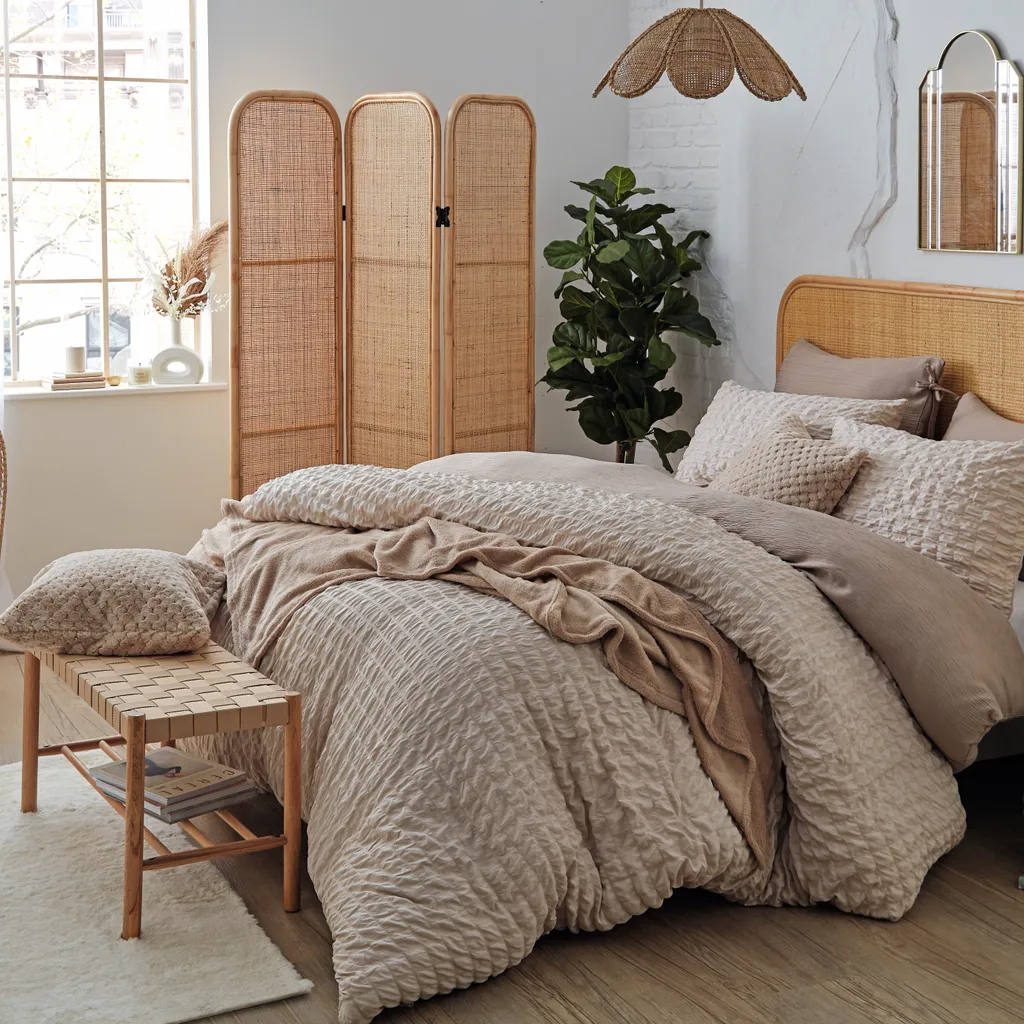How much your home is worth depends on its location, size, condition, as well as demand and supply in the area. But although you can’t change where you live or control outside forces, there are lots of fail-safe ways to boost its value.
As well as making your property more attractive, functional and comfortable for you to live in, home improvements can also add a significant chunk of value to your property when you move.
Here’s how to unlock your home’s potential so you can be sure you're able to get the most out of your property, whenever you decide to sell.
How to add value to your home
Keep your house well-maintained
You don’t have to devote a lot of time or money to boost a property’s value and saleability. A badly maintained home will fetch a lower price than a similar one that’s been looked after, so fill holes in walls, deal with damp patches, repair cracked tiles and spruce up the garden. These will all benefit you while you're living there, too!
If you're serious about selling up in the near future, think about redecorating rooms in neutral shades, sprucing up doors and cupboards with a fresh lick of paint, and giving your home a deep clean with special attention to any neglected corners. All rooms should also be decluttered so that viewers can see their condition – easier when they’re not filled with belongings – and all the space they’ll be getting for their money.
And don't forget kerb appeal! Keep your front garden neat and tidy, and consider glamming up your front door, too.
Check out our DIY section for advice, inspiration and ideas.
Ask an estate agent for tips
Get your home valued by an estate agent who knows the local market inside out, and the features that buyers want and are prepared to pay extra for. ‘The agent will be able to give you advice on areas where you could improve to maximise value, from simple fixes to much larger projects,’ says Gavin Kirkham of Connells.
If you’re getting ready to sell soon, the maths is a simple matter of recouping your costs, but if you plan to stay put for the foreseeable future, a short-term loss on a big project could be converted into a profit over time as prices rise, as well as providing you with a home that’s far more suited to your lifestyle.
Add extra value features

Building a conservatory or garden room, upgrading your heating system, reinstating period features and fitting a new roof are all projects that will more than pay for themselves, as will swapping single-glazed windows for energy-efficient double glazing, which also has the bonus of reducing outside noise.
Consider your budget
‘For those looking to do up a property and then sell it on within the next few years, setting a realistic budget is incredibly important. Owners must consider the ceiling value, particularly if it is a smaller home or a new build,' says Bruce King, Director at Cheffins.
‘Often these works can be hugely expensive and cannot guarantee a full return on investment if it has hit the top value for its location or if the buyer has paid full price for it in the first place. It is essential that people don’t overstretch themselves financially or there is a risk of losing money in the long-run.’
Extend your lease
If you own a leasehold property, you may be able to add thousands of pounds to the asking price by extending the lease. The value drops rapidly once 80 years or fewer are left to run, so apply for a lease extension straight away if the clock is ticking.
By law, you’ll have the right to add 90 years to the remaining term, but might be able to negotiate a longer period. The process, which is handled by a solicitor, can take up to a year and the cost calculation is incredibly complicated, but it's almost always a worthwhile investment if you're approaching the 80-year threshold.
Alternatively, consider buying the freehold, though you’ll need the agreement of at least half the leaseholders in the block to do so.
Add an extra bedroom - or improve the one you have

Creating space almost always boosts value, and the most budget-friendly way to do this is to repurpose or reconfigure existing rooms and redundant areas. ‘Adding bedrooms will usually increase the sale price, especially if it’s a loft conversion or cellar conversion with an en suite bathroom,’ says Paul Keighley of Bramleys estate agency.
‘A three-storey detached house with three bedrooms could be worth around 20 per cent less than one with four bedrooms.’
If space allows, squeezing in an en suite – perhaps in a corner of a large master bedroom – is also a value-boosting extra.
Maximise your kitchen
Some projects are slow burners, in that you won’t get your money back immediately but will be able to benefit from an uplift in price if you’re not planning a move for a number of years. As the heart of the home, a spacious, well-designed modern kitchen will have a positive effect on the selling price, so look into replacing dated units and extending your kitchen into the garden or, if you have one, the side return.
What doesn't add value to your house?
Some so-called improvements won’t add as much value as you’d expect – in fact they may have a negative effect on your property’s price.
If there’s only one bathroom, don’t take out the bathtub and turn it into a wetroom. You might be a shower-only household, but for many people a relaxing bath at the end of a long day is an indispensable indulgence and the lack of tub might be an instant turn-off for a large chunk of potential buyers.
And remember that the number of bedrooms in your home is a critical part of its value - so unless you have at least five, combining two bedrooms to create one large suite is a no-no.
It might sound like the height of luxury, but installing a swimming pool isn’t a great idea either, as Becky Munday, founder of Munday’s estate agency explains. 'A pool is great in theory, but in practice costs a lot to upkeep and unless you have a palatial manor or use it a lot, they often look tired and are a money pit to take out!' And what about the craze for hot tubs in the back garden? 'Hot tubs are a trendy and fun addition,' Becky says, 'But don’t expect one to add value.'
How to add value to your home – and improvements that could lose money
By making a few changes to your home, you can increase its value when you're looking to sell. Not all of the changes need to be expensive – sometimes a splash of paint can be enough to give your house the fresh new look it needs.
Be aware that some changes might cause your home to drop in value. For example, taking out the bath tub may put off viewers who like to unwind with a hot bath at the end of the day. It's always best to check in with an estate agent if you have any major improvements in mind.
Bring a touch of luxury with Farrow & Ball alternatives
Love Farrow & Ball shades but not the price tag? We've tracked down the best Farrow & Ball alternatives from leading paint brands.
This is a digital version of a feature that originally appeared in HomeStyle magazine. For more inspirational home ideas, why not subscribe today?
